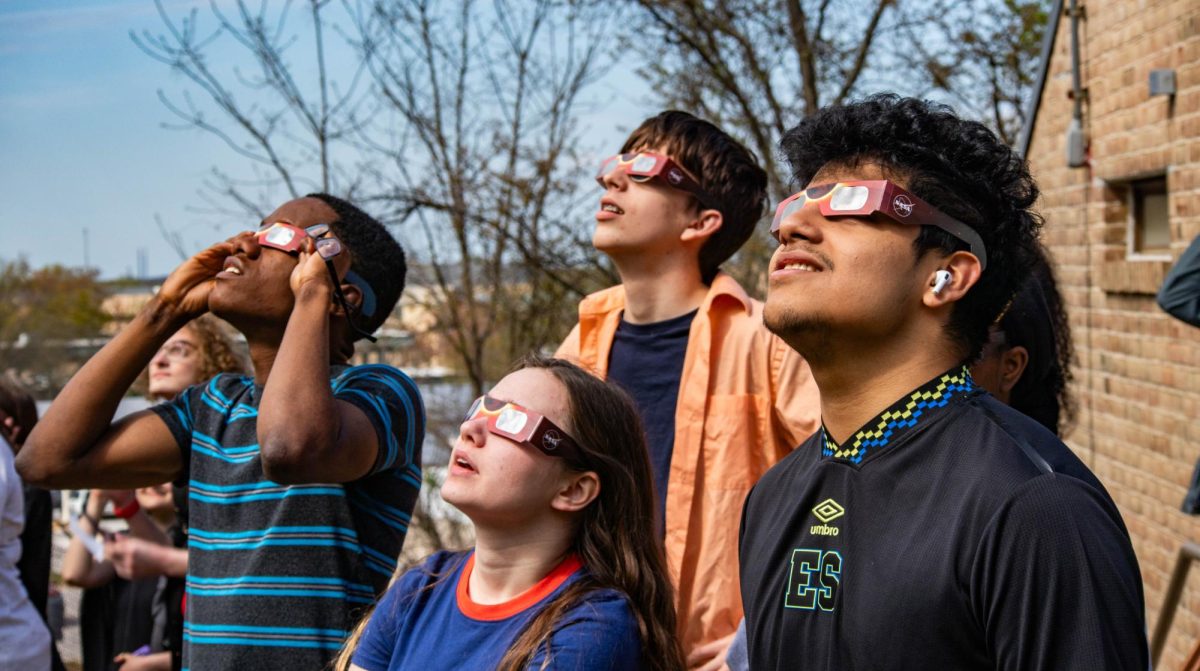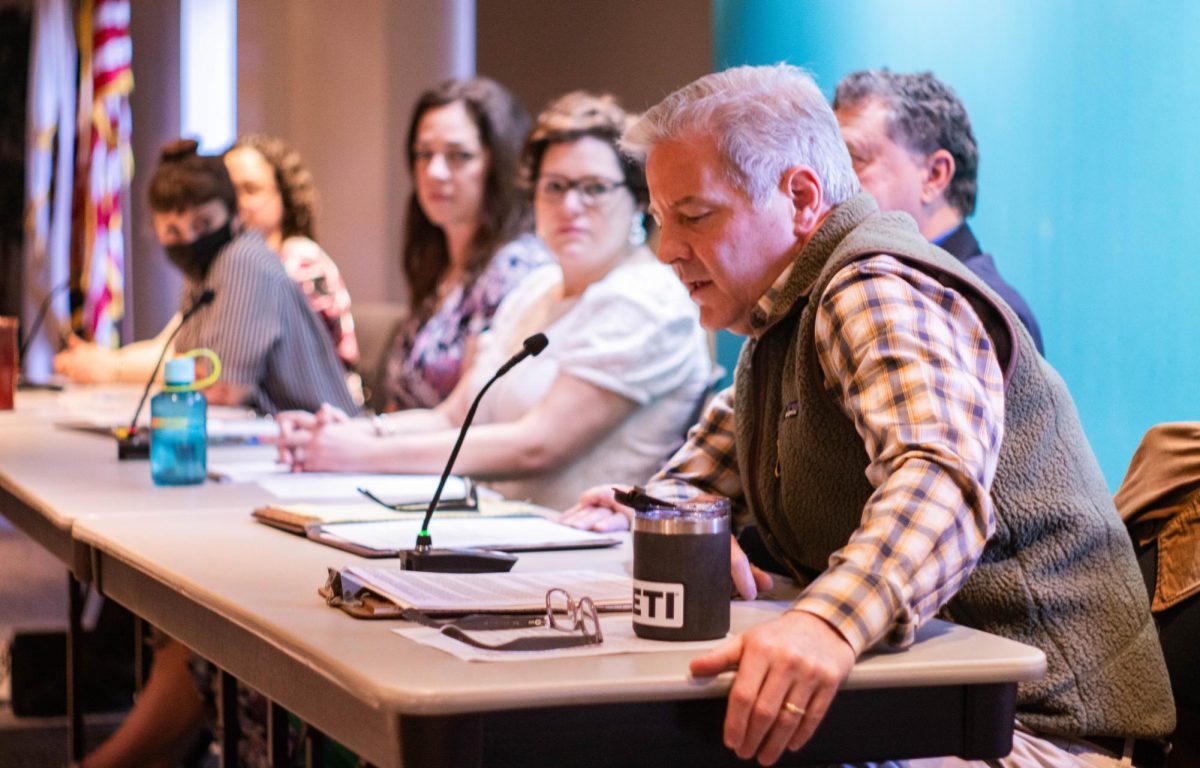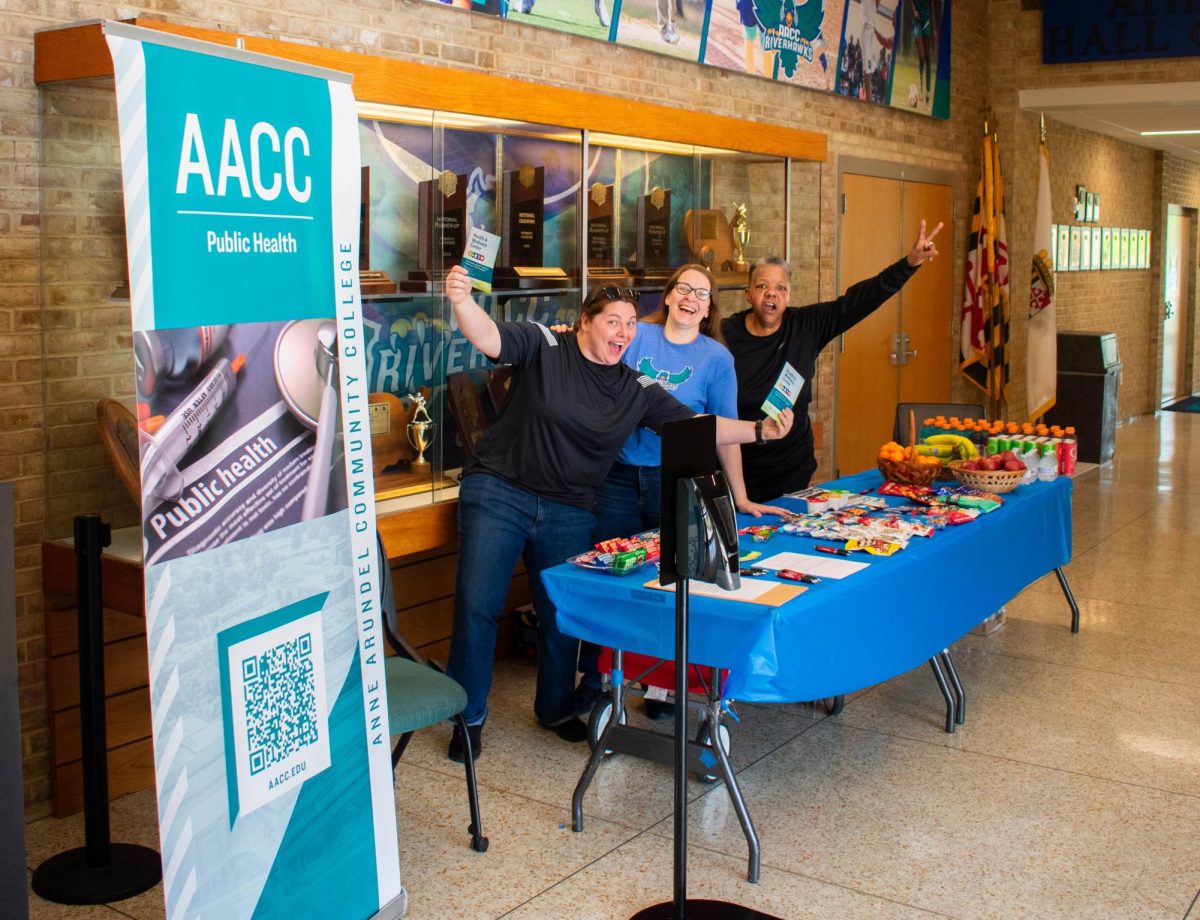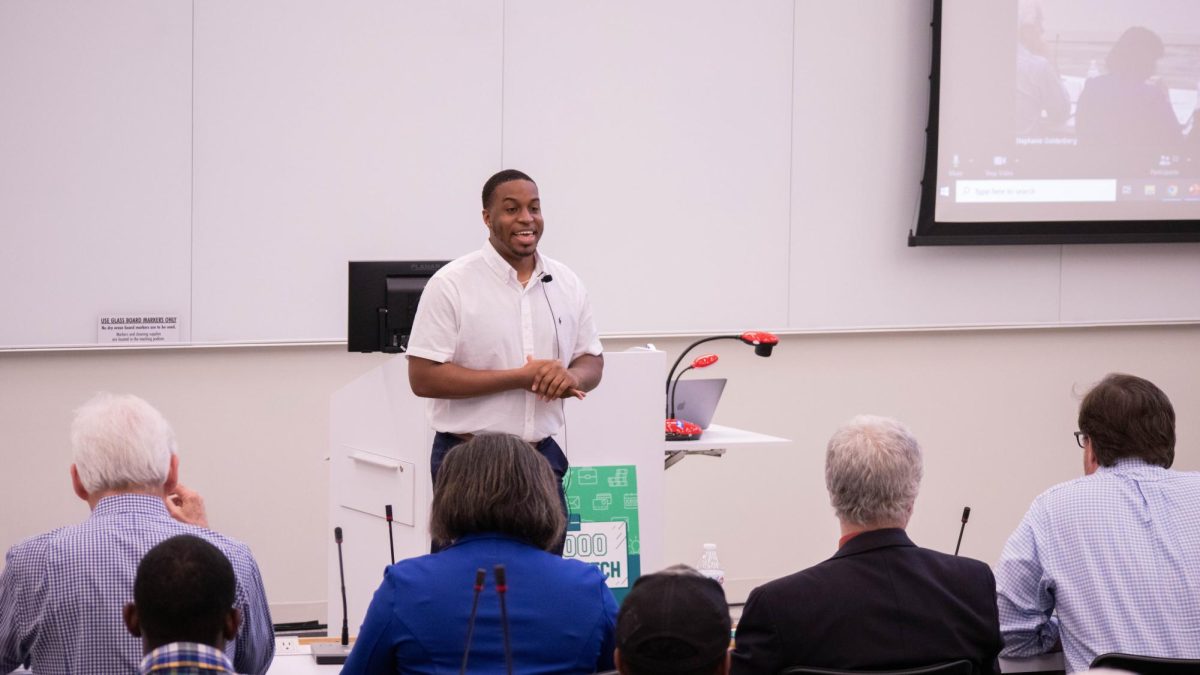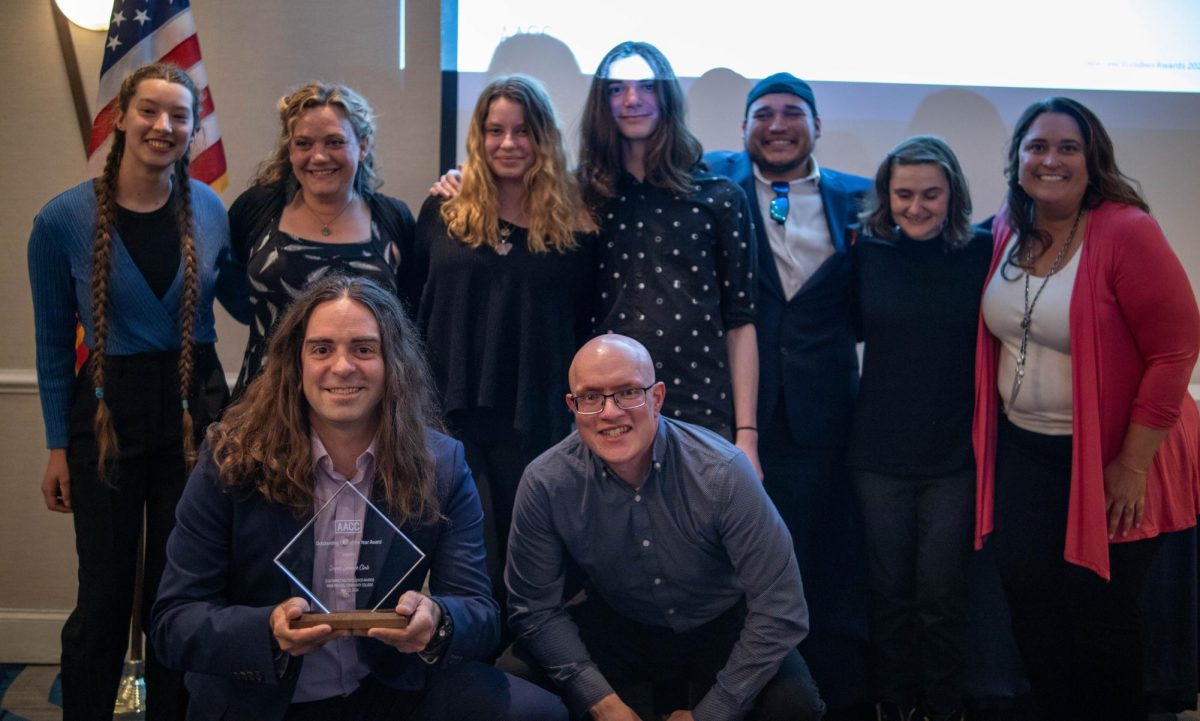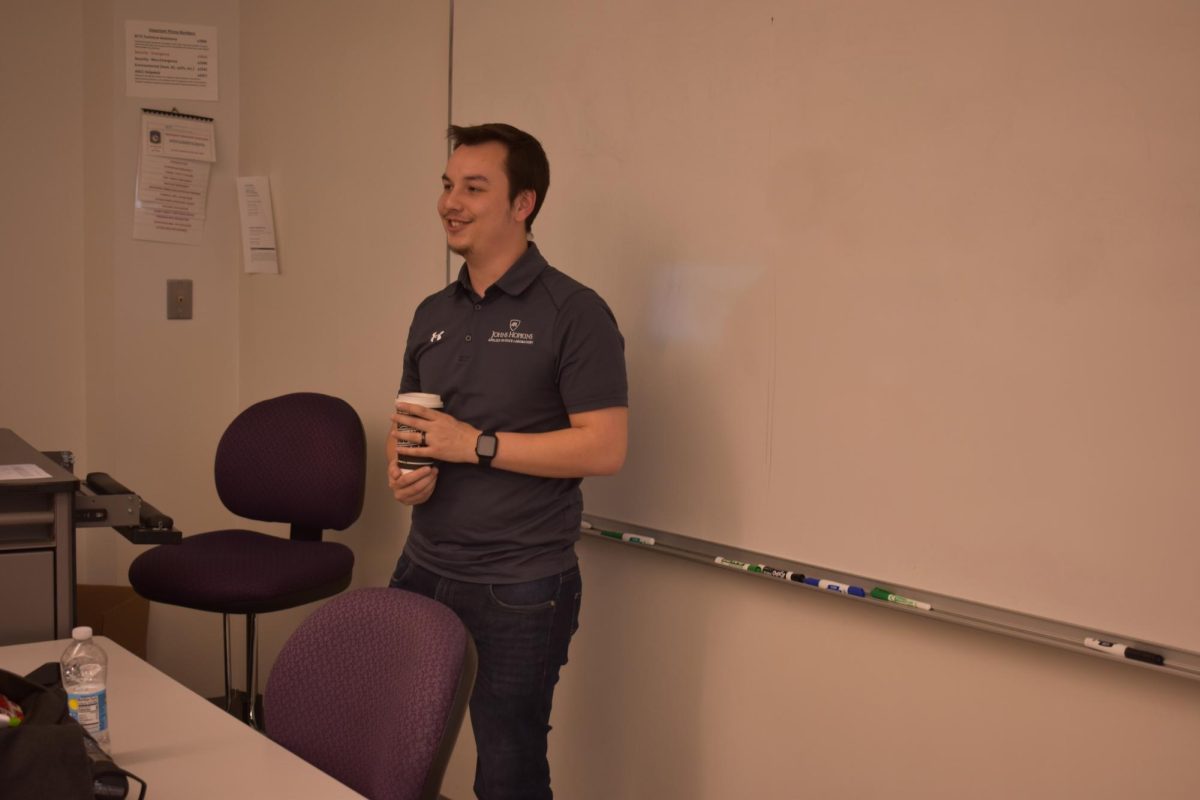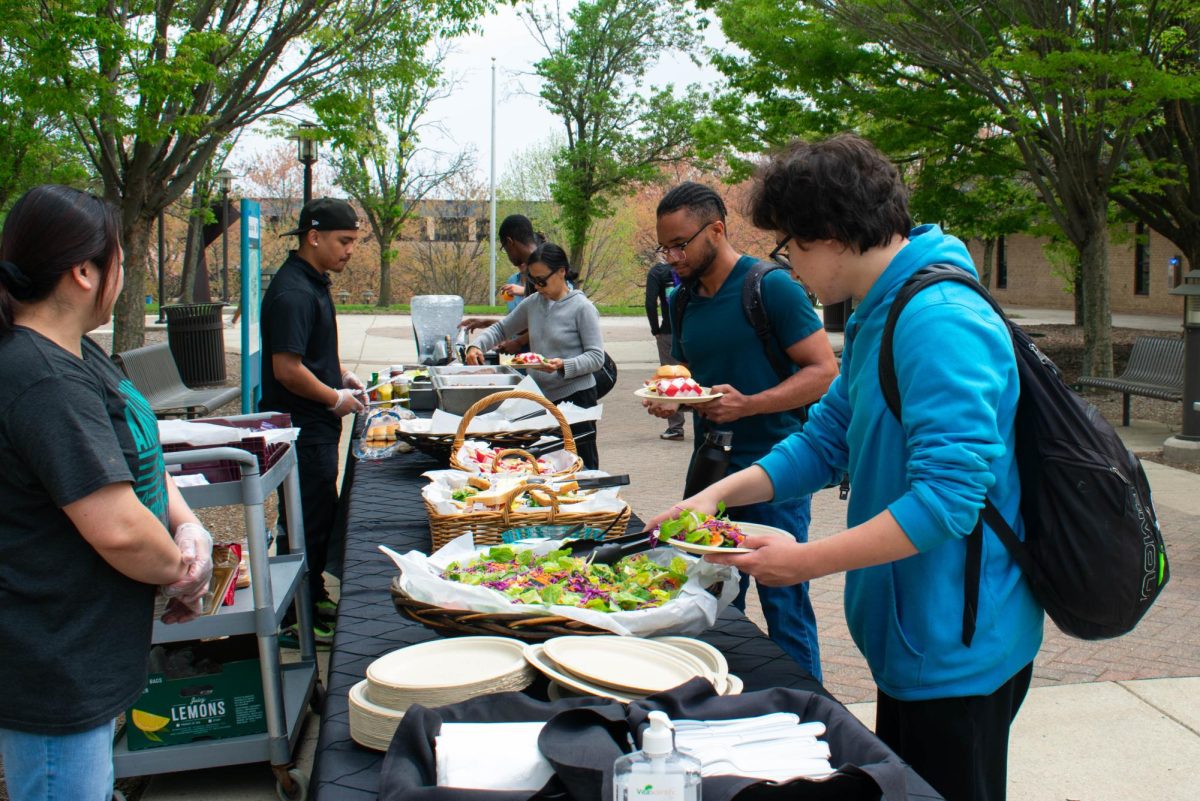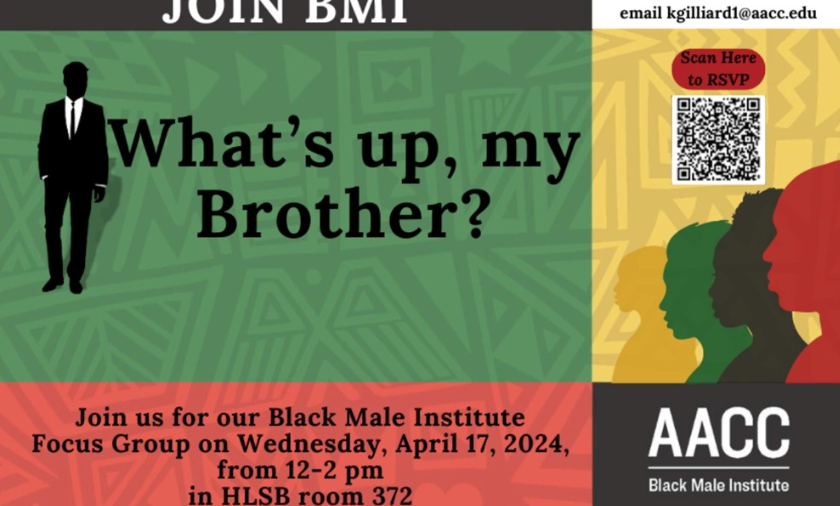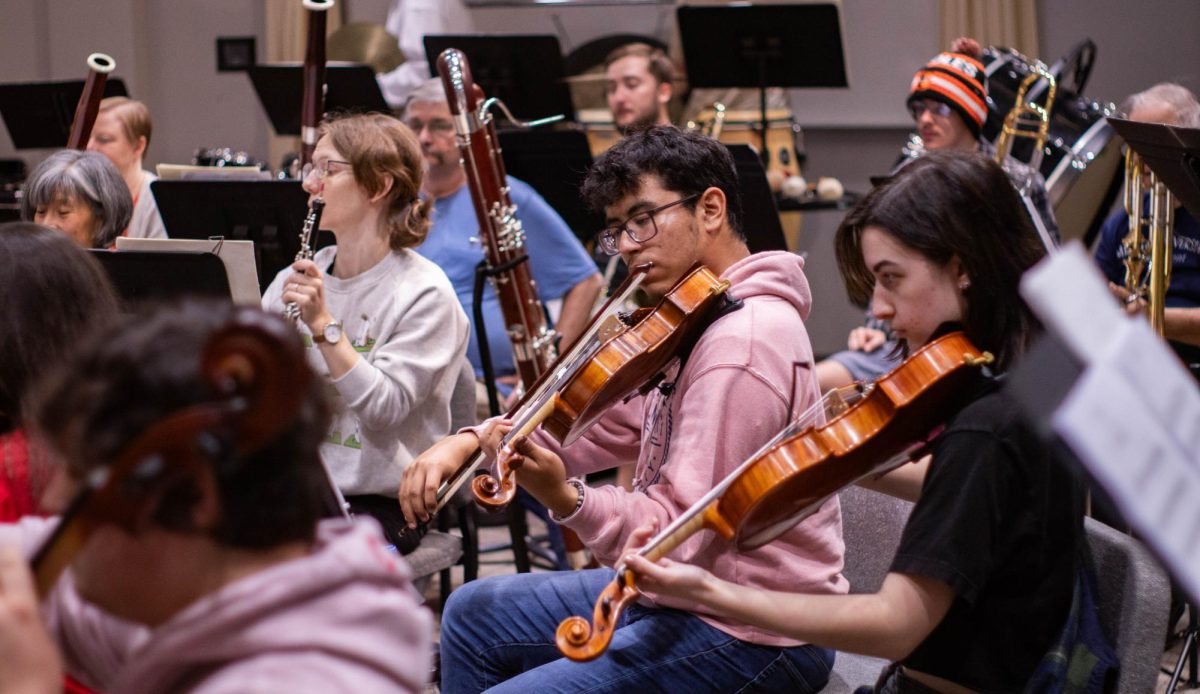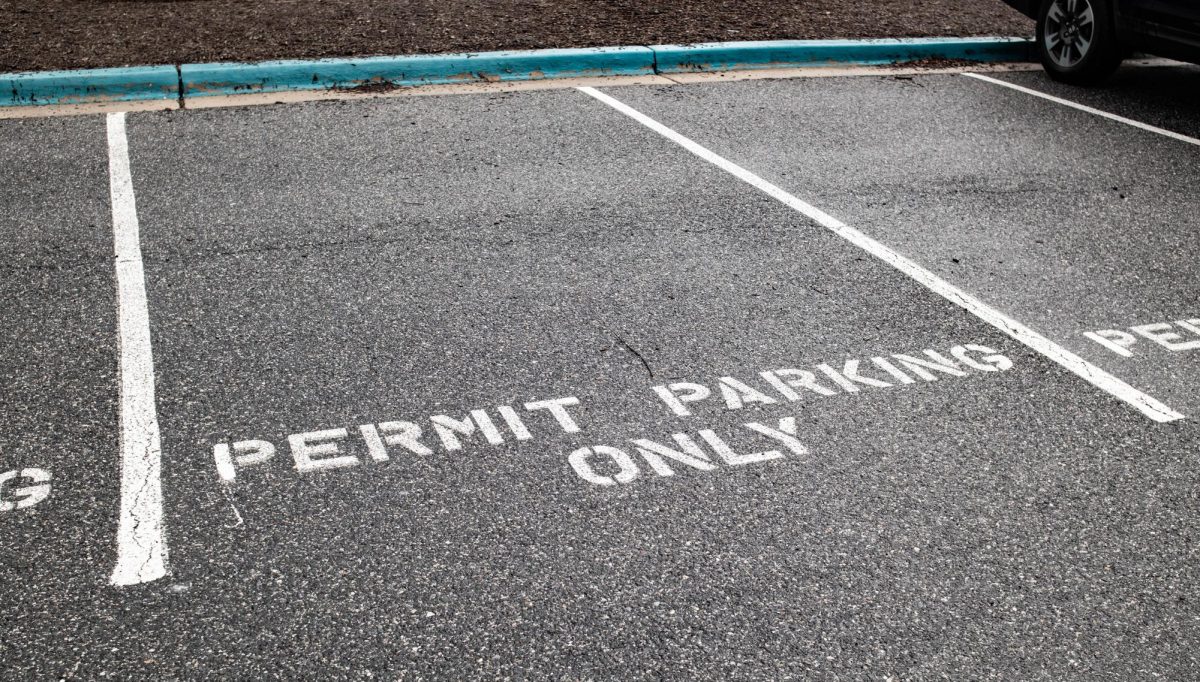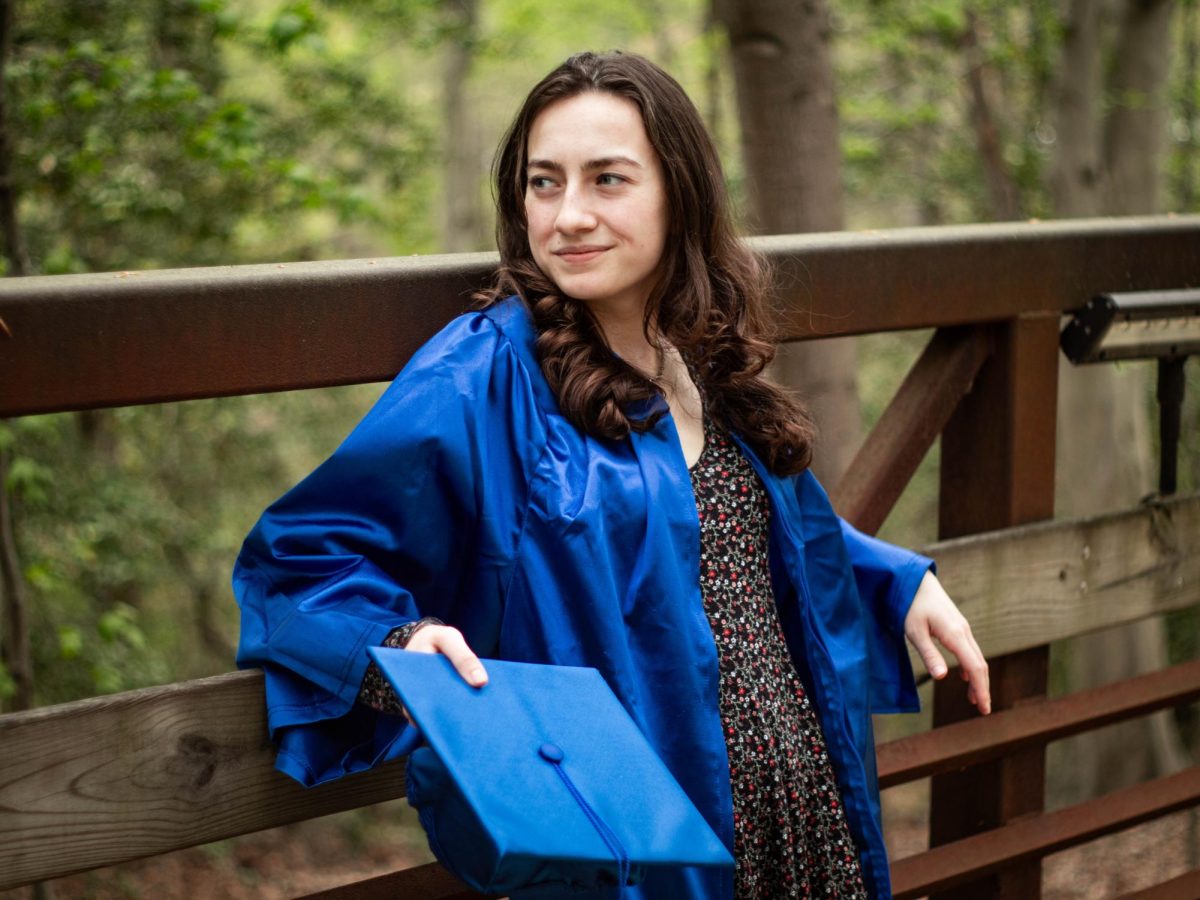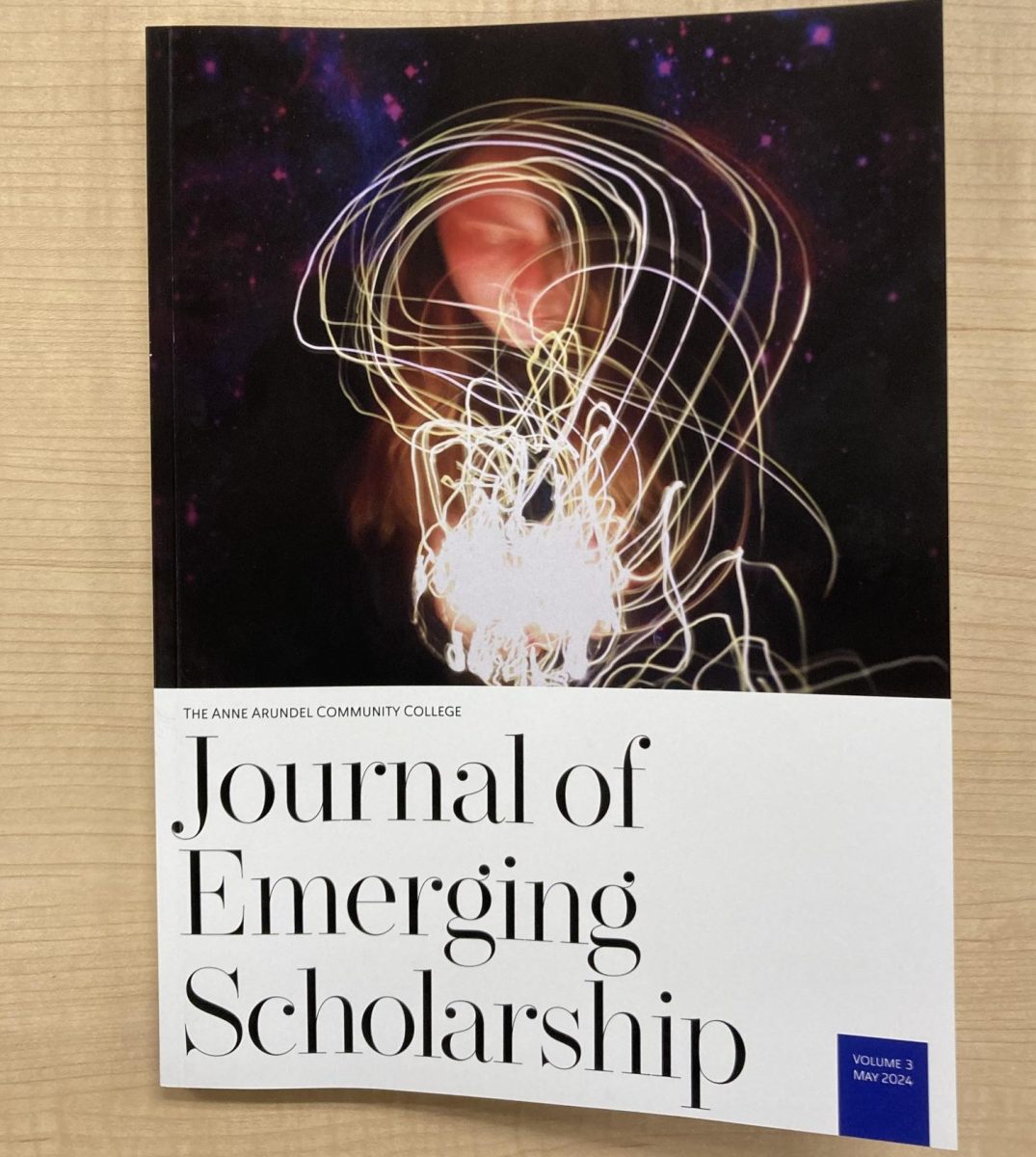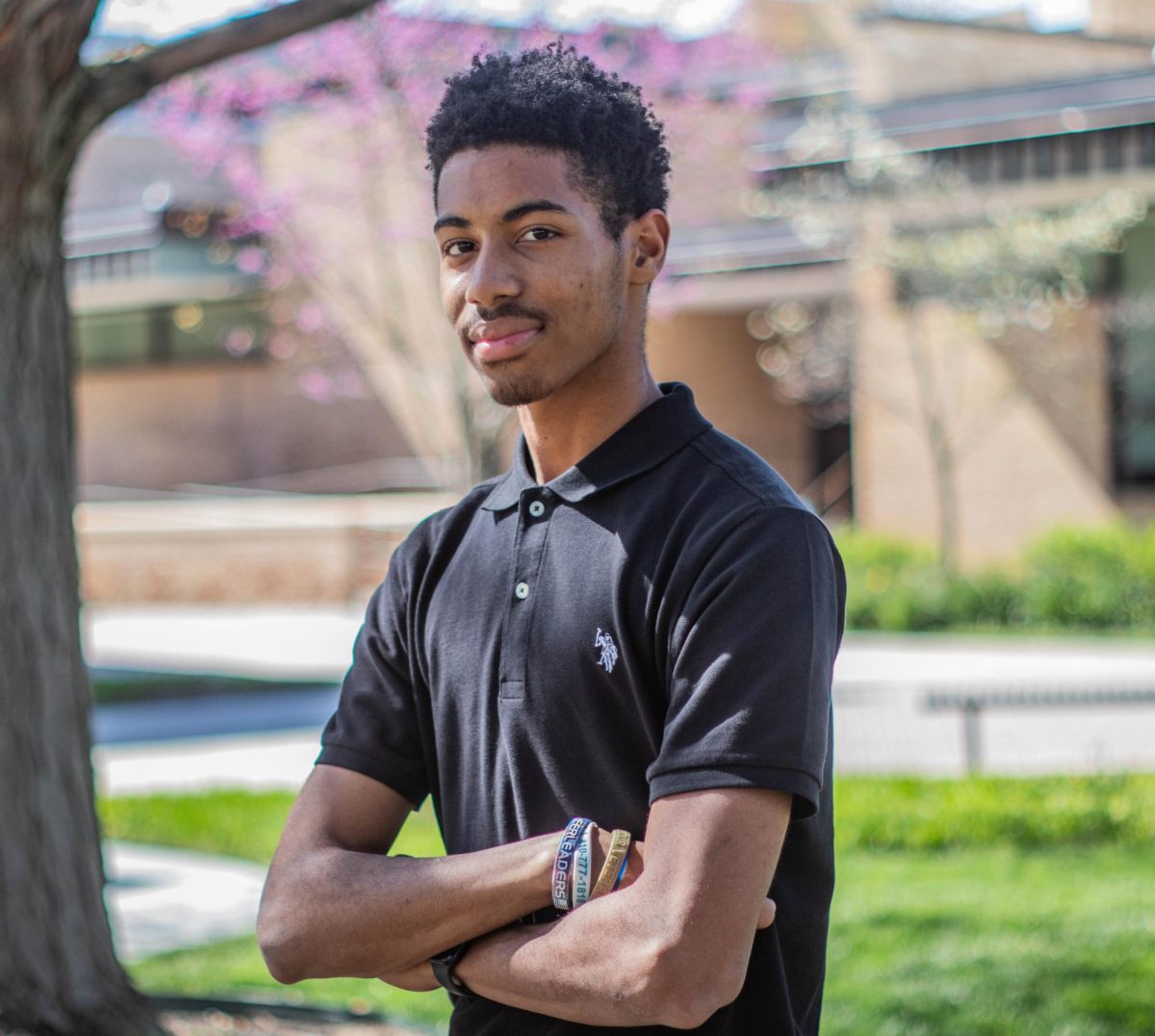Students, faculty and community members gathered to watch the solar eclipse in the AACC observatory on Monday.
At around 3:20 p.m., the group used eclipse glasses, handed out by the Super Science Club, to protect their eyes while watching the moon reach a maximum of 88% coverage of the sun.
“It’s one of those things that … you have to see at least once [in your life],” Abby Zolt, a second-year plant science student, said. “It was very interesting to see the sun look like the moon.”
According to astronomy professor and Super Science Club faculty adviser Deborah Levine, the next solar eclipse won’t cover America for more than 20 years.
“You don’t get too many opportunities [like this],” Levine said. “Total eclipses aren’t that uncommon when you’re talking about the whole world … but a lot of times they’re over the middle of an ocean or someplace really hard to get to.”
Levine added, “They’re still not an everyday event, but they happen a lot more often” than eclipses over America.
Eclipses happen because the moon appears to be the same size as the sun from our perspective on Earth, according to Levine.
“Everything’s moving,” Levine said. “The Earth is spinning. The Earth is orbiting the sun, the moon is orbiting the Earth. All of those things have to be exactly in line so that, in essence, the shadow of the moon falls on the surface of the Earth where you are.”
Alex Bradford, a second-year plant science student, said the eclipse was “very cool,” but “we should have just, like, gotten in the car, like, early this morning” to drive to somewhere where the moon completely covered the sun.
Bradford added: “This is actually my first time seeing the eclipse, even though I’m in a less favorable location. It was really cool, [though]. It covered more than I expected.”












